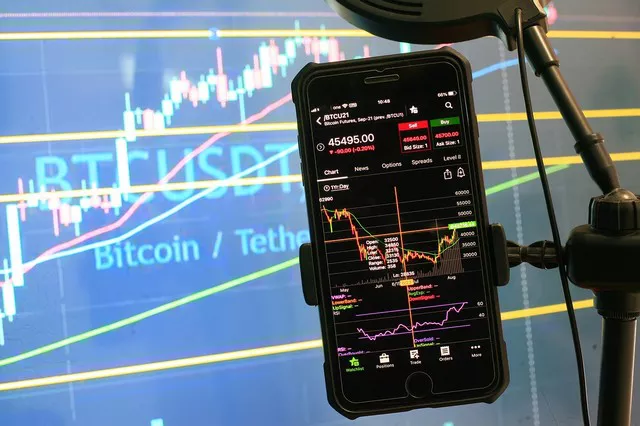Futures contracts play a vital role in financial markets, allowing traders and investors to speculate on the future price of various assets. Understanding the expiration dates of these contracts is essential for anyone involved in futures trading.
What Are Futures Contracts?
Futures contracts are standardized agreements to buy or sell a specific asset at a predetermined price on a future date. These financial instruments are used in various markets, including commodities, financial instruments, and stock indices. March futures contracts, specifically, refer to futures contracts that expire in the month of March.
The Significance of March Futures
March futures hold significance for a variety of reasons. First, they are part of the broader futures market, which plays a critical role in risk management and price discovery. Traders use futures contracts to speculate on price movements, hedge against risk, and manage their portfolios. The March expiration date is important for traders to be aware of, as it marks the end of one contract and the beginning of another.
Understanding Futures Expiration
Futures contracts have specific expiration dates, and these dates vary depending on the contract and the underlying asset. When a futures contract reaches its expiration date, the trader must either settle the contract by delivering or receiving the underlying asset or roll over the contract to a new expiration date. Understanding the expiration process is essential for futures traders.
March Futures Expiration Date
March futures contracts typically expire on the third Friday of March. The exact date can vary from year to year, and it is essential for traders to check the specific expiration date for the March futures they are trading. On the expiration date, traders have a choice of settling the contract or rolling it over to a new contract.
Settlement Options for March Futures
When dealing with March futures contracts, traders have two primary settlement options. The first option is physical delivery, which means that the trader either delivers the underlying asset (in the case of a short position) or receives the asset (in the case of a long position) upon contract expiration. This is more common in commodity futures like agricultural products or energy.
The second option is cash settlement, which is prevalent in financial futures. With cash settlement, the contract is settled in cash, and the trader receives or pays the difference between the contract’s price and the market price at the time of expiration. This process does not involve the physical delivery of the underlying asset.
Rollover Strategies
Many traders opt for rolling over their March futures contracts to a new expiration date rather than settling them. Rollover involves closing the existing position in the expiring contract and opening a new position in the next available contract with a later expiration date. This strategy is useful for traders who want to maintain exposure to the underlying asset without taking physical delivery.
Tax Considerations for March Futures
Traders should be aware of tax implications when dealing with March futures contracts. Tax treatment can vary depending on factors like the trader’s location, the asset being traded, and the holding period. It’s advisable to consult with a tax professional to ensure compliance with tax regulations.
Managing Risk with Stop-Loss Orders
Risk management is a fundamental aspect of futures trading. To protect against significant losses, traders can use stop-loss orders. A stop-loss order automatically triggers the sale of a futures contract if the price reaches a predetermined level. This strategy can help traders limit potential losses while allowing for flexibility in managing their positions.
Trading Strategies for March Futures
Trading strategies in the futures market are diverse and can cater to different risk profiles and market conditions. Some traders prefer day trading, where they open and close positions within the same trading day. Others may adopt swing trading, holding positions for days or weeks. Longer-term investors may take a buy-and-hold approach. The key is to select a strategy that aligns with your risk tolerance and financial goals.
Monitoring Market News and Events
To excel in trading March futures contracts, it’s essential to stay informed about market news and events that can impact the assets underlying these contracts. News such as economic reports, geopolitical developments, and supply and demand factors for commodities can all influence futures prices. Staying informed and adapting to changing conditions is crucial.
The Role of Brokers and Trading Platforms
Accessing the futures market requires the services of a brokerage firm or trading platform. Selecting a reputable broker is vital for executing trades, managing your account, and accessing research and analysis tools. Traders should choose a broker that offers competitive pricing, excellent customer service, and a user-friendly trading platform.
Conclusion
March futures contracts are a critical component of the futures market, allowing traders to speculate on price movements, manage risk, and participate in various asset classes. Understanding when these contracts expire, the settlement options, and trading strategies can make a significant difference in your success as a futures trader. Whether you are an experienced trader or just beginning your journey, staying informed and continuously learning about the futures market is key to making informed decisions and achieving your financial goals.


